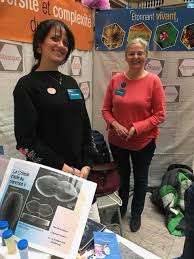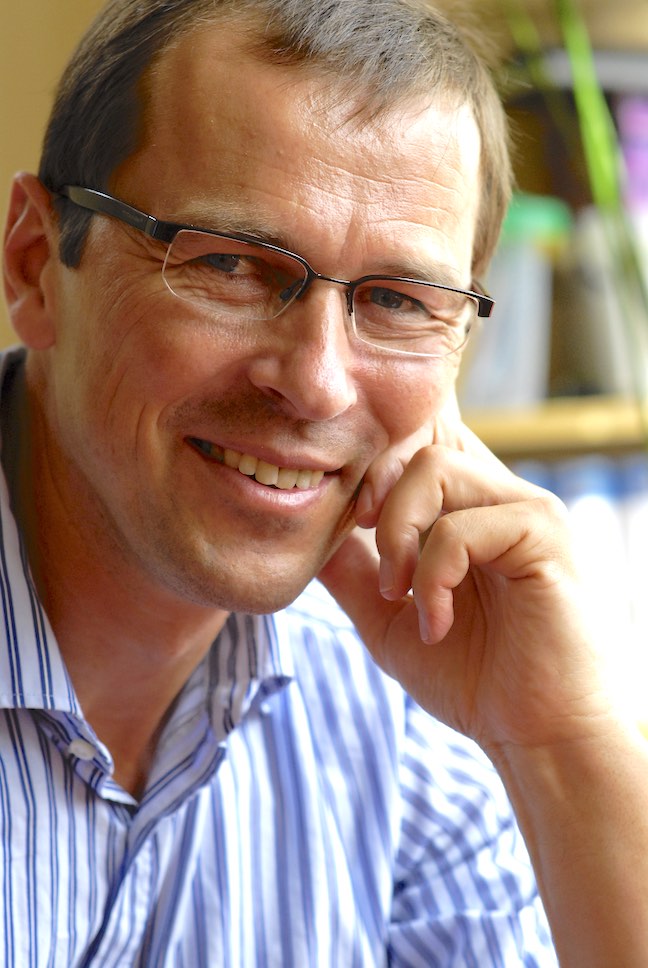Speakers of IGC Symposium 2020
Dr. Eric Brendle, Adscientis, Wittelsheim, France
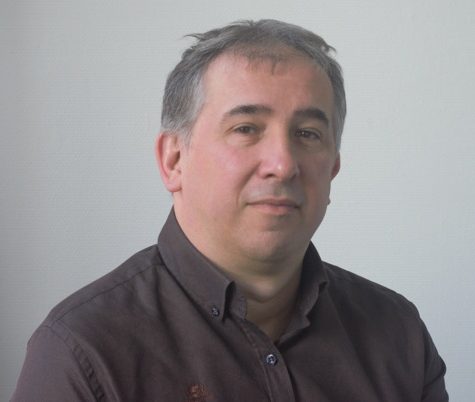
Dr Eric Brendlé was born in 1967 in Mulhouse (France). He is graduated in Physical Chemistry from chemistry high school of Mulhouse France (Laboratoire de Chimie et Energie de Surface, led by Dr E.PAPIRER).
In 1997 he obtained a Ph.D entitled “Surface properties study of iron oxide (goethite, hematite) influence of the heat treatment”.
He created his own company in 2000: Adscientis provides Inverse Gas Chromatography analysis. The offered services bring customer’s elements to understand and master the phenomenon occurring at the molecular level on surfaces and interfaces of the materials.
The company has gained valuable experiences in the field of Inverse Chromatography, and Eric Brendlé is acknowledged as an expert.
Adam Voelkel, Chemical Technology and Engineering at Poznan University of Technology
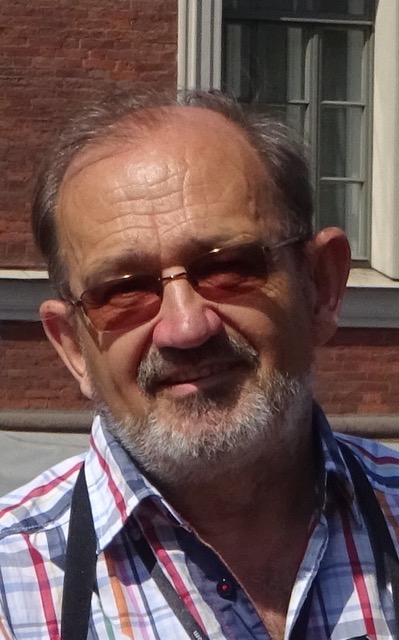
The Group (Adam Voelkel, Katarzyna Adamska, Beata Strzemiecka) from Poznan University of Technology lead by A. Voelkel is known as one group active in the field of inverse gas chromatography application. They are authors of approx. 100 papers concerning this field of activity. The show the applicability of IGC in the examination of various types of fillers, components of abrasive materials, excipients, biomaterials, dental fillings. IGC is used in the unique way for the aforementioned application, e.g. the assessment of the chemical changes during phenolic resins storage, new procedure for determination of the hardening degree of the phenolic resins, application of the Hansen Solubility Parameters to examine interactions in complex systems.
Prof. Steven Abbott, Ipswich, UK
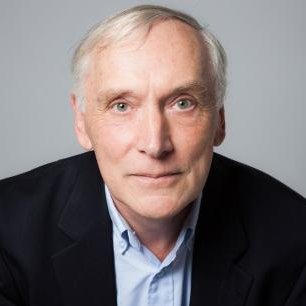
Professor Steven Abbott has spent the past years teaching, training, troubleshooting around the world using, whenever possible, one of his 300+ apps designed to bring relevant bits of science to life. The list of apps continues to grow because there are always fresh challenges needing new science. His free eBooks on surfactants, solubility, printing, IGC and rheology have been downloaded 10000+ times. This means that he regularly gets emails asking him to help solve problems such as making a salsa sauce that doesn’t phase separate, manufacturing part of a new type of nuclear fusion reactor (!!!), finding new ways to store hydrogen, designing a PSA that works at -40C. Science is universal and a few key principles work across an astonishing range of problems. His latest book project is on particle formulation science. How IGC fits into the formulator’s toolkit is a key question being worked on as the book develops.
Joelle Huynh-Eyssautier, L’Oreal R&I, Aulnay-sous-Bois, France
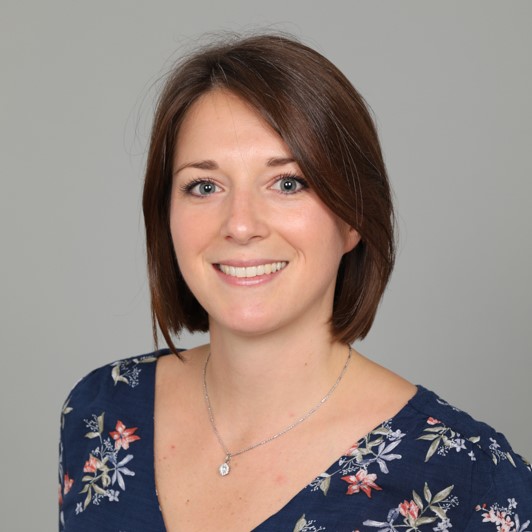
Joëlle Huynh-Eyssautier graduated in the field of Food and Cosmetic Process Engineering in 2008 from Université de Technologie de Compiègne (France), ending by a Research Master program (lead by Isabelle Pezron). In 2012 she completed a PhD in Physical-Chemistry/Soft matter at IFPEN (Paris) studying asphaltenes’ aggregation behavior in heavy petroleum oils and high temperatures, through scattering techniques (SANS, USWAXS, DLS), under the supervision of Loic Barré and Pierre Levitz (Ecole
Polytechnique). She experienced 3 years in a French company located in Bangkok (Thailand), on problem solving for chemical and material science industries, as lab manager (INS Thai). This gave her the opportunity to open up to a wide range of techniques useful for troubleshooting. Since 2015, she works at L’Oréal R&I (Paris), in the Analysis department, as manager of a lab dedicated to polymers and divided solids characterization.
Her main scientific focus today is the knowledge of surface properties of pigments through a multiparametric approach, for an easy selection in formulation projects based on intrinsic properties. She is active in projects for the replacement of functional raw materials in cosmetic formulations. The search for structure/properties/performances relationships in cosmetic products is her leitmotif.
Sana Labidi, ECPM- Université de Strasbourg, France
Sana Labidi studied chemistry at the Nationale Institute of Applied Sciences and Technology (INSAT) in Tunisia and received her engineering degree at 2011 and her master degree at 2012 from Paris 13 University in France. She pursued her education on Ph. D. studies on Paris 13 University in the group of research director Andrei Kanaev with the main emphasis on zirconia nanoparticles nucleation and growth by sol-gel and their catalytic properties for biofuel production. In 2015, she continued as a post-doc researcher in the same team working on ADEME project for air clean-up using visible photocatalysis coupled to adsorption. She was named in 2017 as a lecturer in Strasbourg University in Pr Corinne Petit. She was awarded by IdEx funding to explore gas chromatography with infinite dilution. Her research interests are bio-sourced materials for catalysis as preferential oxidation of CO, biomass conversion to platform chemical. She is using IGC-ID to study catalysts properties as an innovative technique.
Julien JOLLY, Ph.D., Research Scientist, Rhodia Laboratory of the future (Solvay Group), France
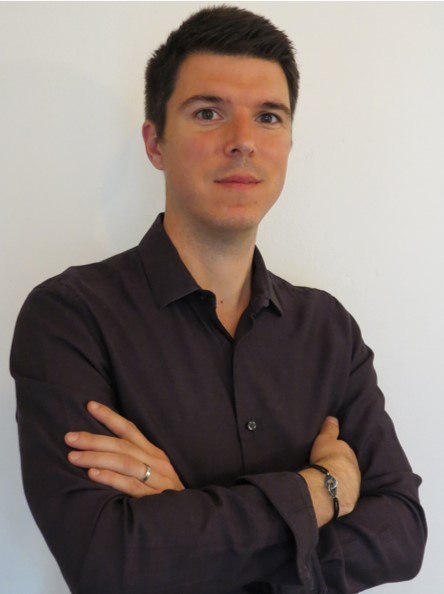
Julien Jolly studied analytical and solid state chemistry at the University of Poitiers and received his Ph.D. in the laboratory of catalysis in organic chemistry (LACCO) with a thesis in the field of air depollution by using combinatorial chemistry & high throughput screening (collaboration with Rhodia Company).
From 2011, he joined the laboratory of the future (Solvay group) as a research scientist and worked in different fields around surface chemistry (e.g. CO2 capture, filler in elastomer, heterogeneous catalysis, dispersion of inorganic particles and coatings). He is currently in charge of the analytical section and continues to develop new approaches to accelerate research in the Solvay Company.
Ralf Duempelmann, CEO Inolytix, Sisseln, Switzerland
Ralf Duempelmann studied chemical engineering at ETH in Zurich and worked in heterogenous catalysis for his PhD and postdoc studies. After 20 years of practical experience in global chemical companies, including his cross-functional role as Head of Formulation Technology at Clariant, he decided to found Inolytix Ltd in year 2014.
The idea of Inolytix is relatively simple: explain innovative analytical techniques to the chemical and pharmaceutical industry, make it as easy as possible to use analytical services and deliver meaningful reports. A major focus is on surface properties, since many applications are determined thereby and characterization is difficult.
IGC is one of the most fascinating – and undervalued – techniques to study surface properties and Adscientis has been one of the key partners of Inolytix from the beginning. Over the years, many fascinating and new examples of IGC have been discussed and studied with customers. Inolytix accesses other methods, if useful, to provide overall the best benefit for industrial customers.
